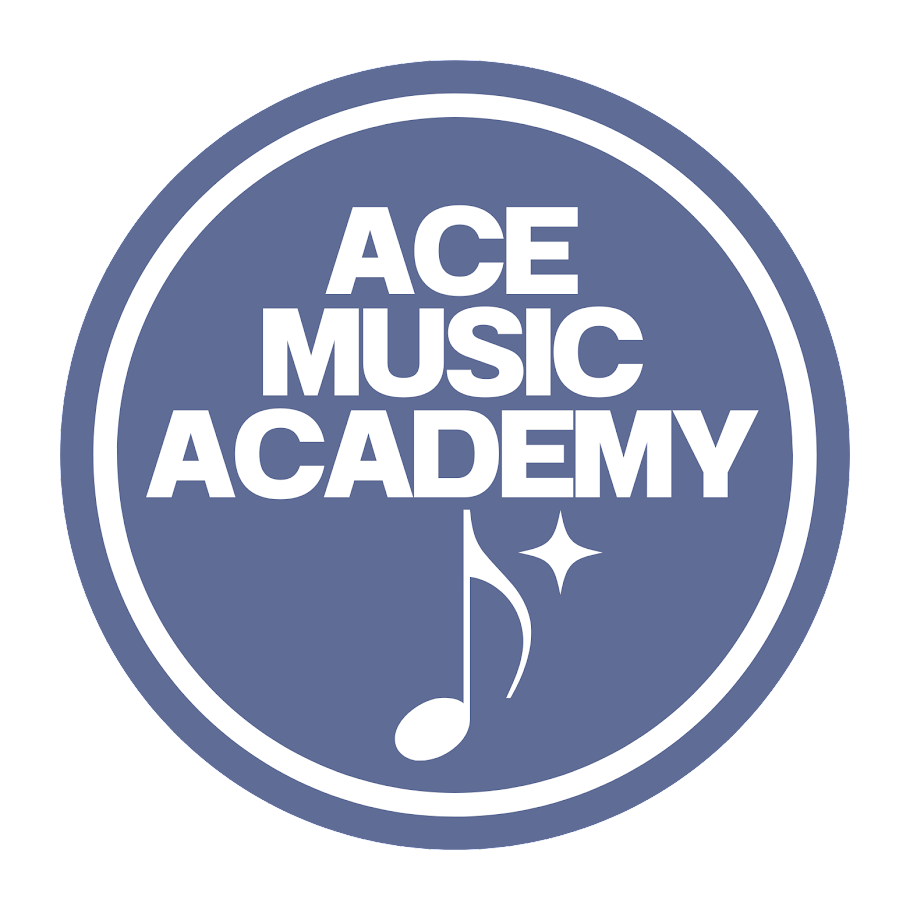Many parents are often concerned about placing their children into music classes at a young age due to the fact that they are unable to make their own decisions about playing an instrument. This is a normal parenting concern, but music classes aren't just about learning how to play an instrument. It’s about developing a relationship with music at a young age.
Research shows that from birth to age nine is the prime age for developing a musical sensibility within children. Within this age range, the parts of the brain associated with processing and understanding music are in the prime stages of development.
Of course a parent should not enroll a newborn into music classes, but immersing a newborn into a musical environment by singing or dancing will help with musical sensibility.
Once a child turns 3 years old, a parent can then choose to enroll their child into music classes. These music classes would be used to further develop skills like identifying a beat or melody in music, rather than just learning how to play a single instrument. If a parent believes their child to be ready for music classes, contact a music teacher to have them evaluated
By age 5, a child can start formal music classes. These music classes would not be about becoming a great performer, but more about advancing a child's understanding of music. Piano is the most common instrument played at this age since it is a foundation to most music education.


